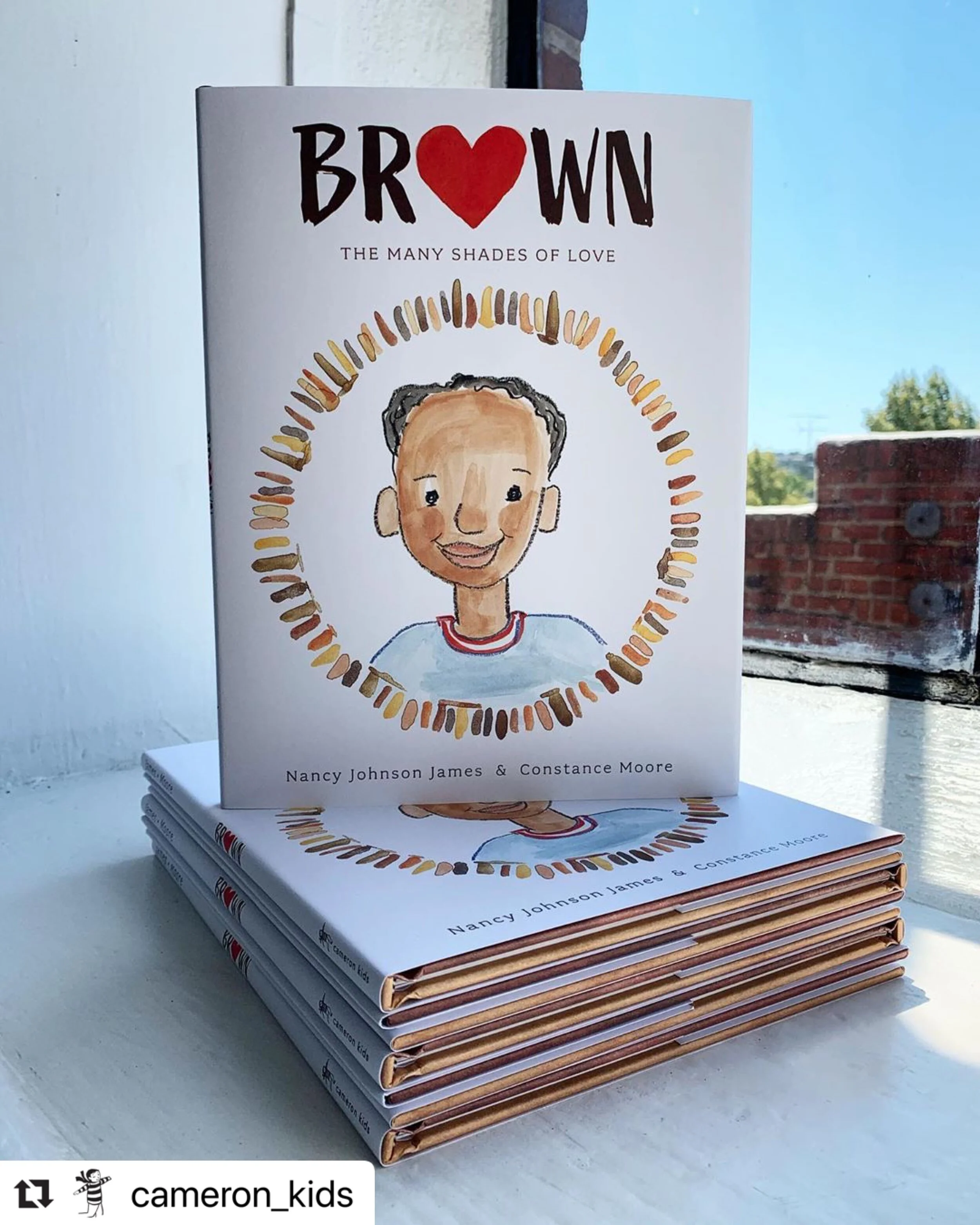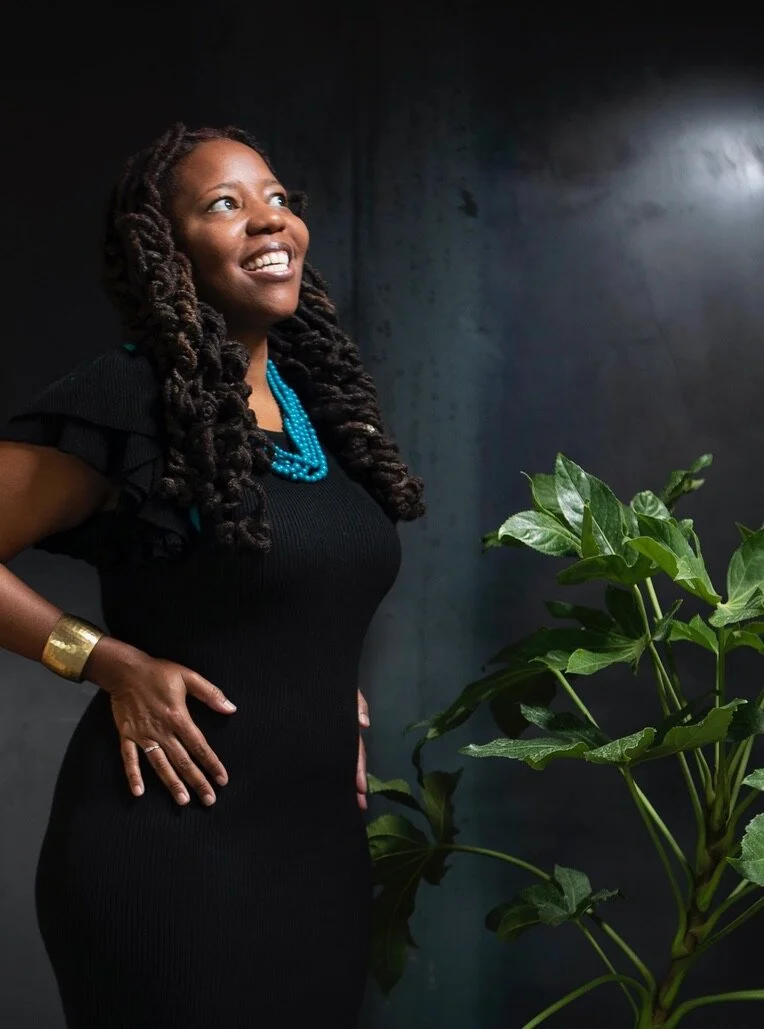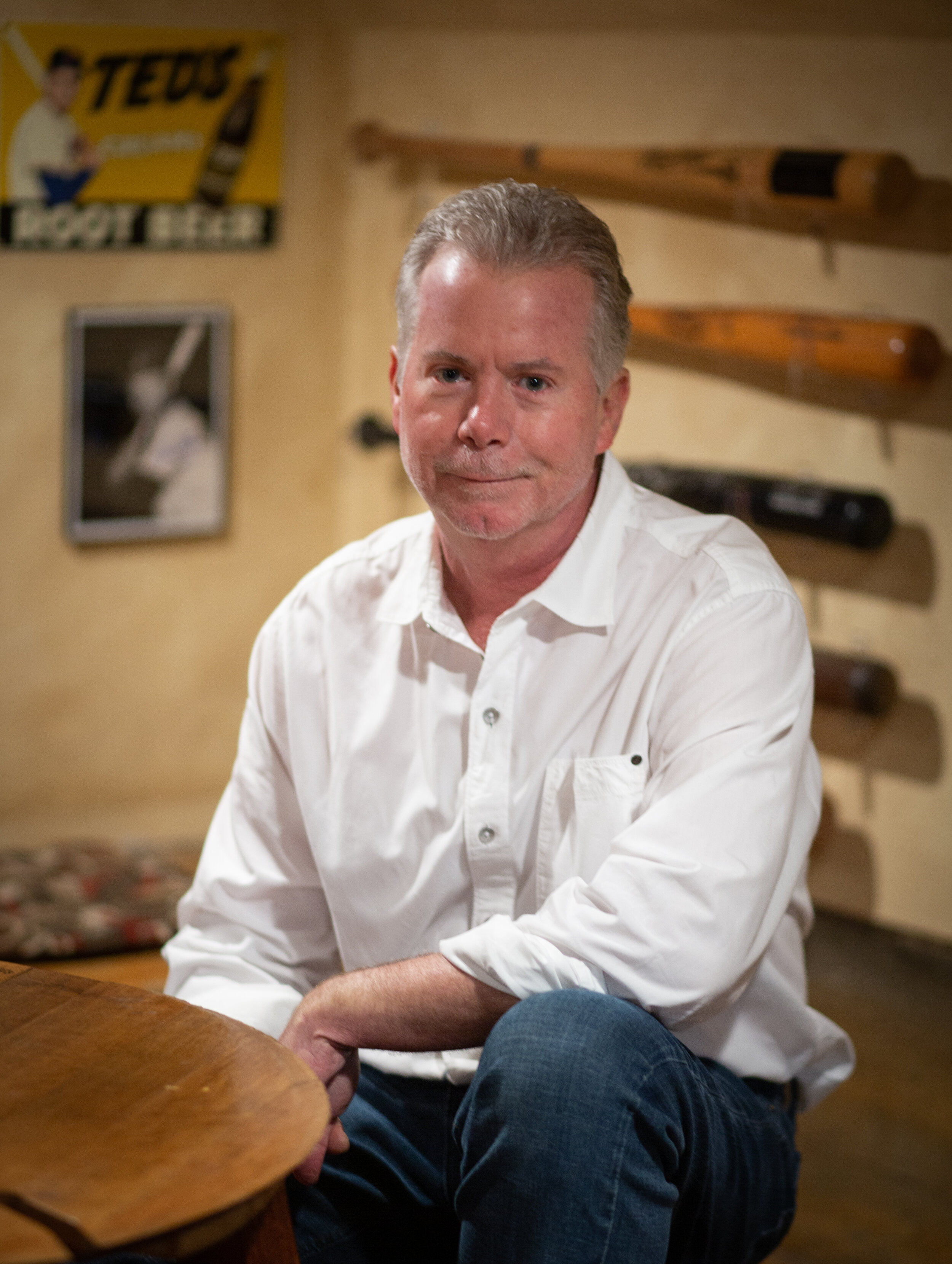Tears Are Heavenly: Interview with Paul Flores
originally published 3/9/18
Paul S. Flores says he will celebrate his upcoming performance at the San Francisco Jazz Center’s Jazz Poetry Festival with rum and smiles from his friends and family.
Poet, playwright, and father, Flores was one of my first friends in life, and his accomplishments as a writer are many. (My mom dug up these cute kid photos of us playing together in 1976. Eli Jacobs-Fantauzzi took Paul's recent author photo, above.) A Doris Duke Artist and 2018 Headlands Center Artist in Residence, his plays have been presented by Yerba Buena Center for the Arts, Los Angeles Theater Center, New Jersey Performing Arts Center, South Coast Rep, Brava Theater, Pregones Theater/Puerto Rican Traveling Theater, DiverseWorks, InterAct Theater, GALA Hispanic Theatre, and many more. He received the 2017 Mission Cultural Center Award for The Arts in Literature and Poetry. He is a Co-Founder of Youth Speaks and teaches theater at the University of San Francisco. I’m thrilled to be able to introduce him in this interview, where we discussed spirituality, sex, and inspiration. I hope to see you at the show April 6.
Kristy Lin Billuni: Tell me about why this performance is special.
Paul S. Flores: This will be my first show at the gorgeous new San Francisco Jazz Center. It’s a San Francisco poetry legacy-type show. You earn these gigs from the inside with years of consistent work.
KLB: You must be thrilled.
PSF: Yes, San Francisco Chinatown poetry queen Genny Lim asked me to perform. I have admired her for over 20 years, and any opportunity to share stage with her is like going to performance poetry school.
KLB: Who else will perform?
PSF: Fire breathing poet Tongo Eisen-Martin, who just published his book with City Lights, will join us. I get to collaborate live with experimental jazz veterans The Broun Fellinis.
KLB: And what are you performing?
PSF: I will do music-based poems—pieces that fit well with live jazz—a piece about surviving San Francisco and believing in its cultural power and a new piece about how faith in Santería manifests itself in the moments of a follower’s deepest need.
KLB: I’m excited to hear that you’re writing about spirituality. You and I share spiritual roots in The Walk, (a California hippy church that some saw as a cult.) What do you remember from those days?
PSF: I remember people speaking in tongues, wine passed around in a clay cup, and Hawaiian bread.
KLB: Yep, those rituals, the communal wine cup and the bread.
PST: The devil was heard through records played backwards, and witches were cast out of the building—there was something sexy and frightening about witches. I remember the brothers laying hands on me to cast out the devil after I got into a fight in second grade. I remember church members reporting back from Missions to Brazil and Peru.
KLB: Memory is so inspiring. I’m going to have to write something about those sexy witches.
PST: And I remember tambourines played at worship. I remember worship was improvised praise sung to God.
KLB: Yes! Tambourines and music are really central to those memories for me too. Okay, now that we’ve covered religion, let’s get to the sex. Is being a writer sexy?
PSF: I love this question. As a young writer I used to imagine all the sex I would have as a result of my writing. It used to drive me wild all the people I would imagine sleeping with after my work was discovered. I laugh about that now. But it was real in my mind then.
KLB: So how is writing truly sexy?
PSF: When I think of sex in theater I think of Suzan-Lori Parks. She is my favorite playwright. She is super literary and at the same time very authentic to street speech. Her plays engage with Black history mostly. Her sex scenes are often awkward, transactional, or direct—someone will explicitly request a sexual favor, like, “Go down on me,” and it will happen on stage—as well as teasing and tender other times. I try to write sex like she does. I like when characters speak their sexual requests on stage.
KLB: Let’s talk about your plays.
PSF: My plays seek to present possible solutions to social problems that impact my community in order to humanize the problem and conceive of alternative possibilities within the context of an individual life story.
KLB: What are you writing now?
PSF: I’m working on two plays simultaneously: We Have Iré is about Afro-Cuban culture, religion of Lucumí (aka Santería), and immigrant Cuban artists who leave home and risk everything, including their life, family, language to realize their art without censorship and create new communities in the United States by sharing their art and culture.
KLB: And the other?
PSF: Pilgrim Street is about the punishment society in the US that wants to arrest, detain, and then incarcerate everything non-white, non-citizen, non-hetero, and the lives of those who are forced to commit survival crimes as an act of resistance. It’s set in Stockton, CA as a microcosm of demographic, agricultural, and economic change in the state. It involves an affair between an aggressive female mayor and a transgender (male to female) underground “fixer,” who leverages the system to locate kids separated from family by state punishment, and then “illegally” reunites them. The sex scenes I have written between the mayor and the fixer are a type of aggressive teasing and sexual requests are spoken on stage.
KLB: What inspires your work?
PSF: I am inspired by freedom and love. I’m inspired by Hip-Hop culture and confidence built through struggling to survive and reinventing your conditions as assets. Represent where you come from. However, I live for the results gained by discipline. Which is why I follow Ifá. Spiritual balance comes from spiritual discipline and practice. Writing is practice, work, and reward.
KLB: I agree with that—and passion, emotion.
PSF: Yes, all my work is emotionally driven. I don’t write unless I have to say something. I’m an emotional person, so I need places to put those emotions which is how I initially came to writing. Still, writing is a mystery to me, a heroic mystery. It’s such a challenge every time I go to the page. I never know how I’m going to finish anything without first getting into it.
KLB: The challenge is worth it to get to that emotional release, though.
PSF: I think tears are heavenly. I write to feel and release as well as inform. I treat my audience the same way. It is visceral and spiritual —will affect your body, and after, you will feel cleansed.
KLB: That’s beautiful!
PSF: One of my shows was literally, You’re Gonna Cry, because I would cry while performing a certain monologue from the perspective of a 7-year old girl whose mother is killed in an SF drive-by. I heard the audience crying with me one time at The Red Poppy. Afterward, I felt I had both honored the death of that woman, who was my neighbor, as well as the spirits of survivors of violence like the little girl.
KLB: Sounds like you also draw inspiration from live audience.
PSF: Yes, live work is my passion. I am always trying to perfect the relation and the delivery between text and audience to incite physical reaction, laughs, gasps, tears, goosebumps, butterflies in your stomach. I am a conduit, but not a static one. I feel and change over time.
KLB: Can you talk about time and process a little? How long does it take you to write?
PSF: To realize a play from inception to production takes about 2 1/2 to 3 years. Sometimes I spend 2 weeks on a poem, sometimes 15 years. Poetry is an obsession for me. I care deeply about rhythms, words and line breaks.Nothing is ever fucking finished.
KLB: I love how much energy you put into your work.
PSF: Writing takes me to the deepest parts of my subconscious— even unconscious. I go into a trance on the page.
KLB: That magic flow.
PSF: Yes, in the creative space I let everything exist and deny any censor. That’s what editors are for. It has to be that way so I can get at the heart of a character and live through their eyes. I have to release myself from my own morals. I surprise myself where I end up writing a story. I discover places inside that I did not know exist. It allows me to also empathize at a deep level—hence the tears that come.
I want to inspire you, so I coax sexy writers like Paul S. Flores to reveal their creative secrets and processes in writer interviews:
Get tickets to hear Paul’s emotional, musical work at the Jazz Poetry Festival 4/6.
Read Paul’s novel Along The Border Lies about narco culture in Tijuana and San Diego and watch his solo show You’re Gonna Cry about 1990s tech gentrification in San Francisco’s Mission on his website.
Follow Paul on Facebook and Twitter.
I cultivate sexy, bold, free writers in stimulating, one-hour private sessions. I also write essays and short stories about sex, writing, and sometimes pigeons.
Read my writing.
Flirt with me on Twitter.
Get my cafe reviews & reviews of me on Yelp.
Share books on GoodReads.
Schedule your free private session.










